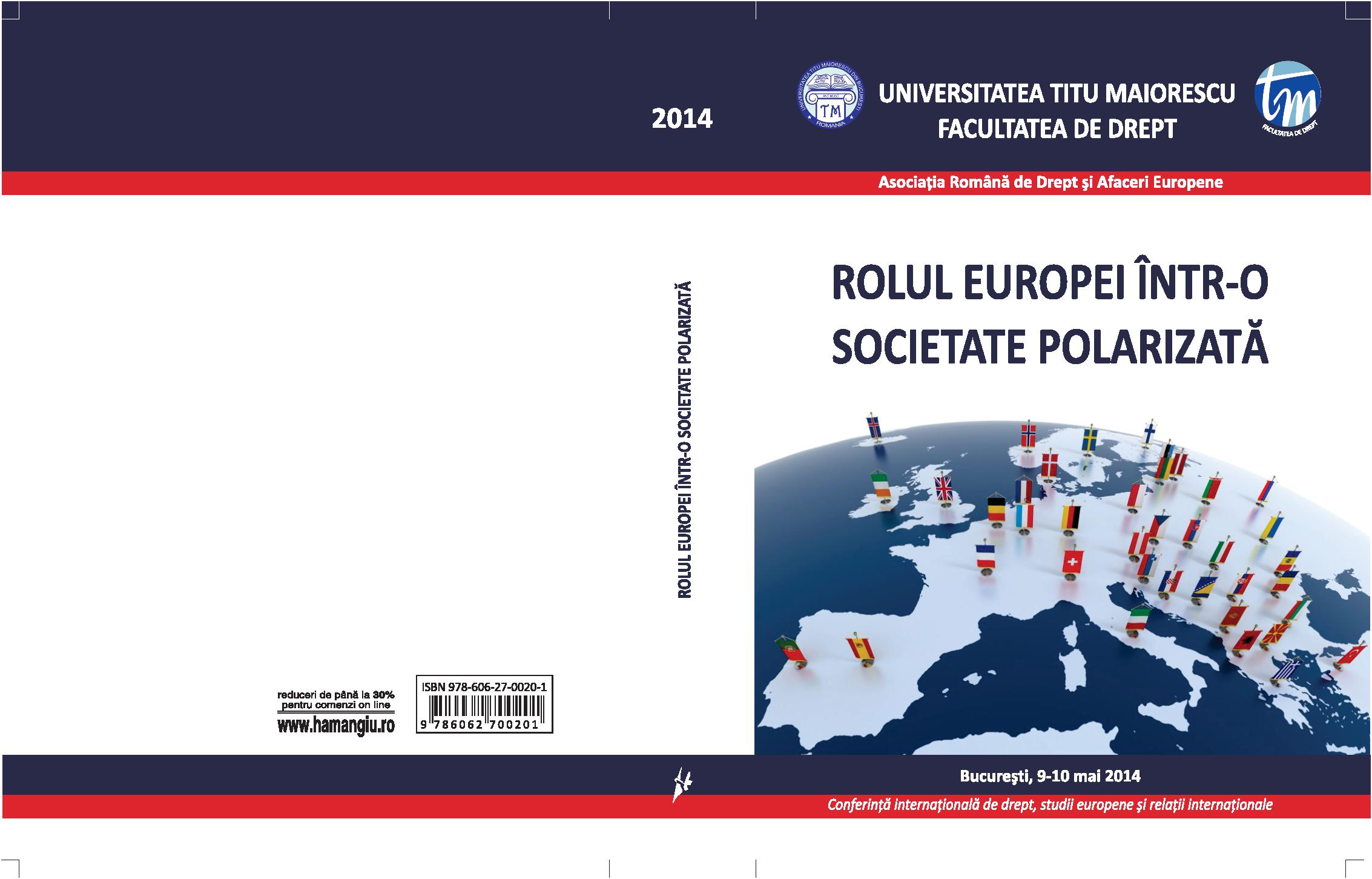The European Union and the Arctic
The European Union and the Arctic
Author(s): Marta SobridoSubject(s): EU-Legislation
Published by: Editura Hamangiu S.R.L.
Keywords: Arctic; Climate Change; Governance; European Union; Arctic Council;
Summary/Abstract: The importance of the Arctic is growing in a double sense: concern (climate change; effects of a growing exploitation) and opportunities (resources, navigation, tourism, research). The European Union (EU) law applies in Arctic territory. First of all because the EU has territories in the Arctic region: Arctic territories of Finland and Sweden. But it also applies in the Arctic territories of Iceland and Norway via the European Economic Area (EEA) Agreement. Since 2008 the EU has an Arctic policy, and in recent years has strived to strengthen its presence as a major player in the Arctic region. But the EU encounters two barriers to be recognized as a partner in the governance of Arctic issues. On one hand, its status as an international organisation prevents it from being a member of the Arctic Council, the main Arctic forum. Several EU states are members of the Arctic Council, but the EU itself can only aspire to be admitted as Observer. On the other hand, the EU does not have Arctic waters and much of the value of the Arctic lies in the sea (natural resources, navigation). Within eight Arctic states, the core is composed of the self-proclaimed five Arctic coastal states: Sweden and Finland are –along with Iceland- the three being excluded.The EU can use different strategies to strengthen its position in Arctic governance: as a regional actor, and as a global actor. The possibilities are different depending on the field (environment, fishing, navigation, indigenous people, etc.).
Journal: Conferința Internațională de Drept, Studii Europene și Relații Internaționale
- Issue Year: II/2014
- Issue No: II
- Page Range: 77-90
- Page Count: 14
- Language: English

